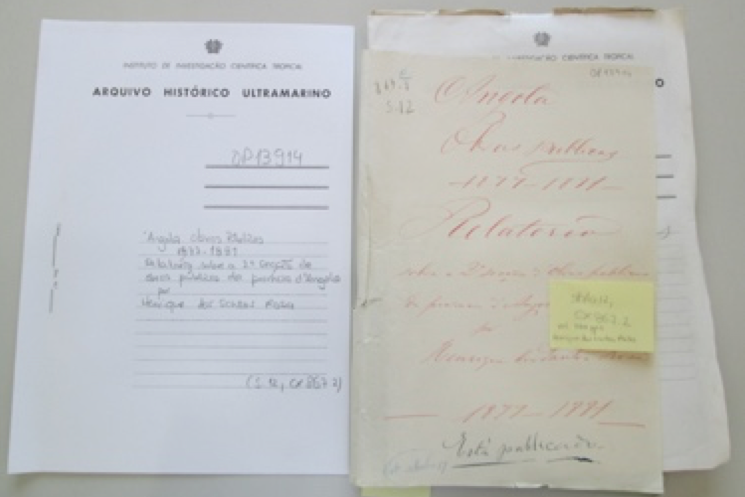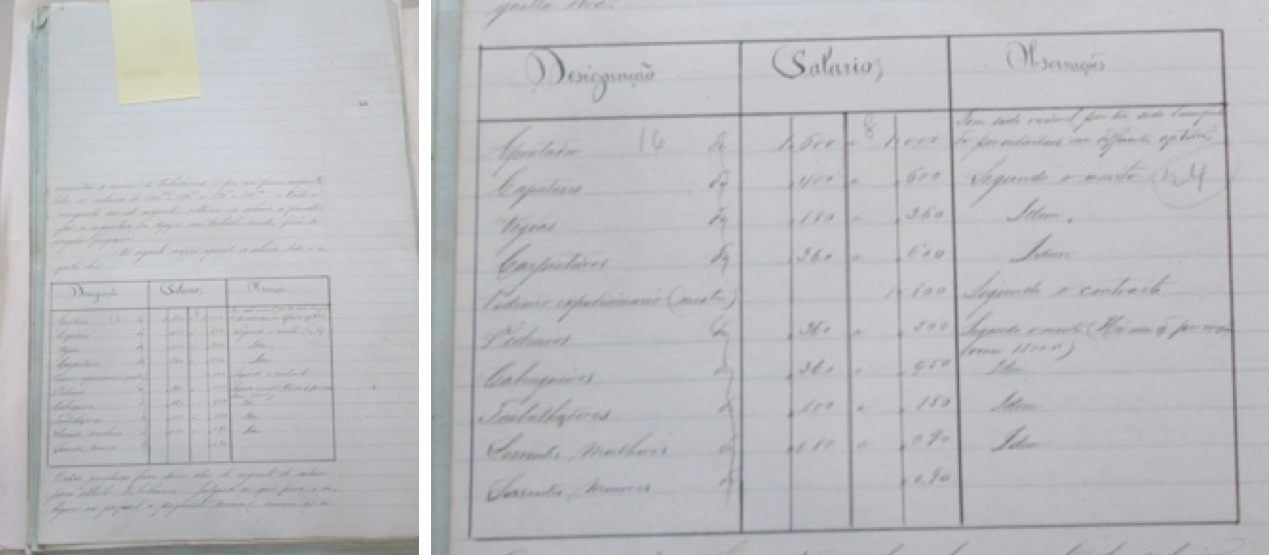Communication
Women, colonialism and building sites. Gender experiences in former African territories ruled by the Portuguese through colonial archives
Event: 8th International Congress on Construction History
Authors: Ana Vaz Milheiro
Date: 24 – 28 June 2024
Location: Zurich, Switzerland


Summary
Recent studies on the interaction between labor and colonialism have been challenging the claim that “the history of labor in public works construction is generally presented as a male experience” (Jha 2020). Following the still prevalent narratives, previous research that intersected Portuguese colonialism and unskilled labor also followed a male-oriented direction. Research on the hierarchies established on and by the construction site is still scarce, and the gap is even greater when women are involved. Despite the vast international literature, there are no narratives that frame women’s roles in public works in the former African territories under Portuguese rule (Angola, Mozambique, Cape Verde, Guinea-Bissau and São Tomé and Príncipe). This article aims to explore how women filled these gaps, discussing the extent to which they took on logistical roles, incorporated unskilled tasks (quarrying stones; carrying mud), or influenced program and architectural agendas with an impact on design and construction systems, until they achieved greater empowerment during the colonial war/liberation (1961-74).
Click here for the original publication.

